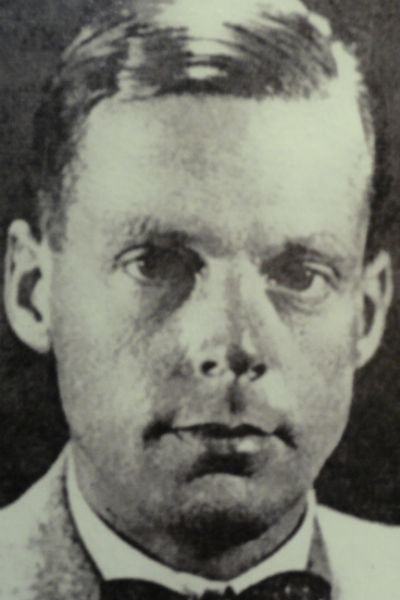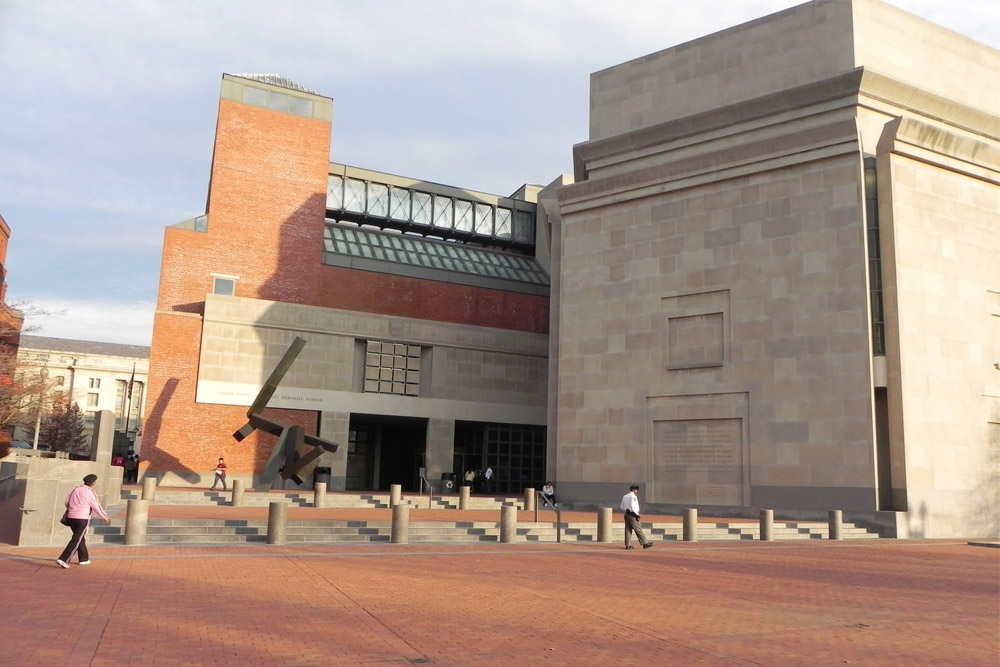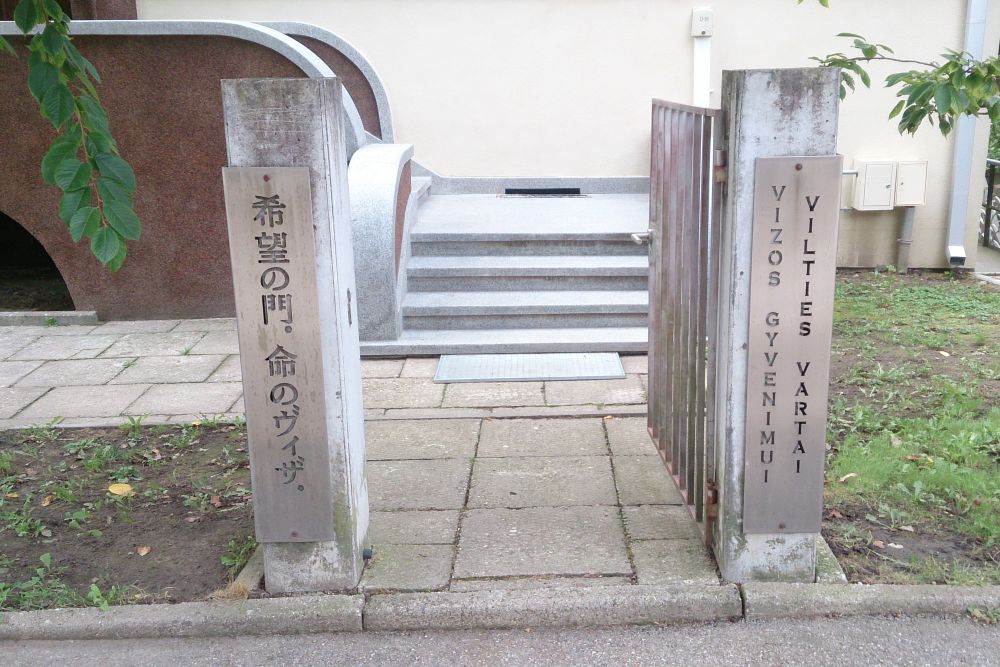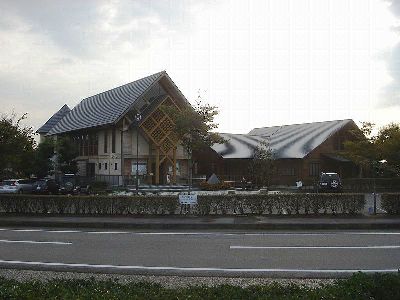Zwartendijk, Jan
- Date of birth:
- July 29th, 1896 (Rotterdam, The Netherlands)
- Date of death:
- September 14th, 1976 (Eindhoven, The Netherlands)
- Nationality:
- Dutch (1815-present, Kingdom)
Biography
Jan Zwartendijk (July 29, 1896 in Rotterdam – September 14, 1976 in Eindhoven) was a Dutch diplomat and businessman for Philips in Lithuania. During World War II, he helped thousands of Lithuanian Jews flee by providing them with counterfeit papers. As a result, they were not persecuted by the National Socialists.
Do you have more information about this person? Inform us!
- Period:
- Second World War (1939-1945)
- Awarded on:
- 1997
- Period:
- Second World War (1939-1945)
- Awarded on:
- September 14th, 2023
Speech held by Mark Rutte at Duivenvoorde Castle in Voorschoten, on the occasion of the posthumous presentation of the Medal for Acts of Humanity to Jan Zwartendijk.
Ladies and gentlemen,
Edith and Rob,
I’m glad to see you all here today.
Obviously, this occasion has been far, far too long in coming.
But let’s rejoice in the fact that this day has finally arrived.
And I say that not only as prime minister, but also as a historian.
As a historian it is your task to preserve history.
To tell people what happened and who played what role in those events.
Some of these stories are familiar ones which any high schooler should know.
The preservation of these stories ensures that certain names remain etched in our collective memory.
William of Orange.
Johan Thorbecke.
Anne Frank.
Prominent people, with a prominent place in our history books.
But if there’s one thing I have learned, as a historian and as a person, it’s that very often exceptional things are done by people in the background.
Things that make a difference.
Sometimes for just one person.
Sometimes for a whole group.
They are the ones who determine what our history looks like.
But most of the time, these people are left out of the history books.
Jan Zwartendijk was just such a person.
When he was sent to work in Lithuania by Philips, he had no idea what the future had in store for him.
He did his job, and he did it well.
So well, in fact, that the envoy Leendert de Decker trusted Zwartendijk enough to appoint him acting consul in Lithuania in May 1940.
Looking back, it was an almost prophetic decision.
Jan Zwartendijk was appointed to continue the work of the consulate as best he could.
At that time no one had particularly high expectations.
But in the summer of 1940, Zwartendijk could see what most of his contemporaries could not.
He heard about Nathan Gutwirth’s idea of issuing visas.
And he decided to take action.
You know what happened next.
It’s the reason we’ve come here today.
On his own initiative, and in a very short time, Jan Zwartendijk issued at least 2,345 visas.
Or, to put it another way: he saved at least 2,345 lives.
An enormous number.
And there may have been even more.
Because a single visa could cover multiple people.
The fact that we will never know the exact number of visas issued, or people saved, is also thanks to Zwartendijk’s uncommon foresight.
Once again he made a decision with far-reaching consequences.
Upon leaving Kaunas, he destroyed the consulate’s archives, erasing the traces of the people he saved.
In a bitter irony this act also erased those traces for Jan Zwartendijk himself.
The uncertain fate of the people he helped to flee nagged at him till his death in 1976.
His three children told his biographer Jan Brokken that he always feared that the majority of them had ended up in a gulag.
A gloomy thought that had an impact on Jan Zwartendijk.
He so deeply yearned to know what we now know.
That more than 90% of the people he helped did survive the war.
Thanks to him.
Thanks to Jan Zwartendijk.
And his courage in doing the right thing, at the right time.
In the present day that may sound obvious.
But anyone who thinks that is overlooking the dark reality of the Jewish refugees who knocked at Jan Zwartendijk’s door.
Arlette Liwer-Stuip, the granddaughter of Abraham Liwer, is with us here today. She has written about her family’s escape.
The visa that her grandfather’s family obtained from Jan Zwartendijk ensured that she was among the 3% of Jews who survived from the Polish town of Będzin.
25,000 other Jews were murdered, including 69 members of Abraham’s family.
It is just one horrific story out of many.
For many survivors the only thing we know about them is that they survived the war.
And that the visa they were issued by Jan Zwartendijk played a key role in that.
Zwartendijk knew that his actions put him at great personal risk.
The people he helped often had no ties to the Netherlands whatsoever.
He owed them nothing.
And yet Nathan Gutwirth’s idea stuck with him.
And he wrote out his signature.
At least 2,345 times.
Why?
Because he believed that you have a duty to help people in need.
Or, as he taught his children: Every person must have values that they remain true to, no matter the circumstances.
When his daughter Edith asked him what would happen if you stopped honouring those values, he said:
Then you would no longer be a worthy person.
He remained true to his moral compass until the end.
For a long time, that might have been the only thing that sustained him.
Though it’s true that he was appointed Knight in the Order of Orange-Nassau in 1956, that was for his work for Philips.
No one knew the whole story of his visa-issuing activities.
And this is why he was never honoured for them.
At least not in the Netherlands.
Elsewhere in the world, Zwartendijk’s actions were given the recognition they deserved.
The Holocaust memorial centre Yad Vashem bestowed upon him the title of ‘Righteous among the Nations’ posthumously.
That same year 14 silver lime trees were planted as a monument to Jan Zwartendijk, in his hometown of Rotterdam.
In 2018, Rob and Edith Zwartendijk unveiled a monument to their father in Kaunas, in the presence of the King.
That same year also saw the publication of his biography by Jan Brokken, which finally brought his name to a wider public.
It is yet another piece of evidence that our view of history is by definition subjective.
And that not everyone who deserves a place in the history books is actually given one.
This is why I’m so glad that all the parties in the House of Representatives, at the initiative of Sjoerd Sjoerdsma, came together earlier this year to nominate Jan Zwartendijk posthumously for the highest royal honour we have.
It is an honour that fits the exceptional acts that Zwartendijk performed.
These acts were so exceptional in fact that the cabinet has reconsidered its decision from the 1950s not to decorate any more people for deeds that occurred during the Second World War.
And although there are certain nuances to this story, that decision has always been respected.
Until now.
The Medal for Acts of Humanity, which exists in three versions (bronze, silver and gold), is awarded to ‘those who have performed a humane act conspicuous for courage, leadership and self-sacrifice’.
The deeds of Jan Zwartendijk exemplified all three of those qualities.
Courage; because he did something that others failed to do, or were afraid to do.
Leadership; because he acted in a well-considered and decisive way.
And self-sacrifice; in doing what he did, Jan took a personal risk.
And he knew that.
Ladies and gentlemen,
Jan Zwartendijk’s story has gone unheard for far too long.
His work has gone unseen for far too long.
Today we seek to set that right.
And to do right by Jan Zwartendijk.
And I’m glad I can do that in the presence of his children, Edith and Rob, by saying that it has pleased His Majesty the King to award Jan Zwartendijk the Medal for Acts Humanity in gold.
And it is my privilege to present you with the decorations associated with that honour.
Sources
- Photo 1: Wikimedia Commons (Public Domain)
- - JAN BROKKEN, De Rechtvaardigen, Atlas Contact, 2018.
- David Kranzler, The Story of Jan Zwartendijk and his Legacy to Judaism
- Speech M. Rutte
- Historiek Net
- Studio 040
- NOS
- Philips Museum
- United States Holocaust Memorial Museum







